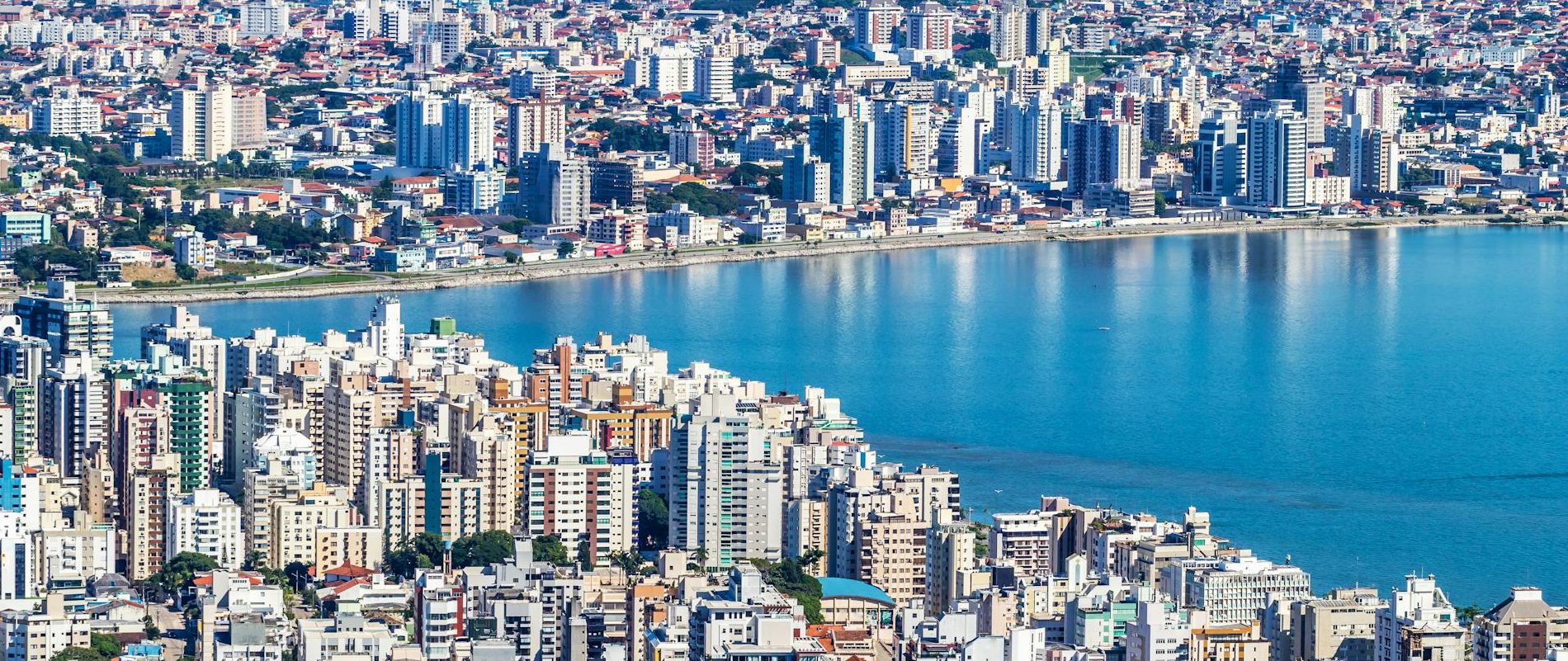
Welcome to our dive into Brazil’s job market. If you’ve ever wondered, “What are the best-paid jobs in Brazil?” stay with us. We’ll also shed some light on the average professions you can seek to fulfil a comfortable life in Brazil and what a wealthy salary looks like here. Explore the most common jobs that keep its economy relevant. Grab a coffee, and let’s begin our job hunt together.
To remove the band-aid, we’ll start by listing the highest-paying jobs, and the following paragraph will walk you through how to enrol in a position in these respective sectors. Remember that the positions listed below are based on Brazilian currency and market value. The expectation might not match what higher salaries would be ideal in European countries, perhaps.
Medicine and Health Sectors: The average salary is R$11,750 per month; some specialities, such as plastic surgery, guarantee even higher wages, close to R$19,135.00.
Public/Government sector: Access is only possible through an examination, a selection process according to the rules of the relevant authority. A basic salary for a medium-level position is around R$5.878,82.
Civil, Electrical, Environmental, and Oil & Gas Engineering: The average salary for an engineer in Brazil is R$10,000. However, an oil engineer can earn, on average, between R$15,000 and R$60,000.
IT: Information technology has been climbing the ranks of the highest-paid professions. A beginner systems analyst, for example, has an average salary of R$3,400, which can go up to R$7,000. Meanwhile, a director in the technology market can earn R$50,000.
Law: Encompasses a wide range of opportunities, especially in employment law, tax law, and corporate law. Initially, the average salary may seem low, but a corporate lawyer or legal advisor can earn, on average, R$ 7,000, while a legal director working in the financial market can earn R$ 40,000.
Digital marketing is one of the highest-paying professions in Brazil, mainly due to the growing importance of the digital environment for businesses. Depending on demand, salaries for beginners can range from R$2,000 to R$4,000. For mid-level professionals, the range is R$4,000 to R$8,000; for senior-level professionals, the range is around R$10,000.
Business Administration: Due to the flexibility to work in various sectors within organisations makes this position extremely valuable. Without specialisations, an administrative supervisor earns an average of R$2,600, while an administrative supervisor earns, on average, R$4,900, with the potential to reach much higher salaries.
In the paragraph above, we promised to clarify the steps to enrol in some of the best-paid jobs in Brazil; here are some ways to certify you get yours.
Medicine and Health Sectors: The only way is through graduation with training that spans four years of medicine and another 4 for residency, totalling 8 years. For other sectors within the health network, there are vocational courses at the technical level.
Public/government sector: Admission is through a selective process according to the rules of the competent body. The selection process can be of two types: public competition or simplified public selection process. Notices are published according to the needs of each government service sector.
Civil and Electrical Engineering: Those wishing to work as civil engineers must complete a higher education course in civil engineering duly recognised by the Ministry of Education (MEC). The duration of the Civil Engineering degree at Brazilian public and private universities is approximately five years.
Information Technology: You must have training in the specific area where you intend to work to learn about processes and technical issues (such as programming languages and process structuring, among other things).
Law: The degree in Law lasts for five years, during which the student will study practical and theoretical subjects, including economics, political science, legal practice, sociology, and the general theory of process and norms, among others.
To enter a public career in Law, one must take a competitive exam, which is highly contested. A lot of study and dedication are required for those who want to pursue this type of career in Law. The leading positions are prosecutor, judge, appellate judge, police chief, and attorney.
Digital Marketing: Whether a technologist or pursuing a bachelor’s degree, the Marketing course aims to prepare you to understand and meet consumer needs. Therefore, those who choose this degree study consumer behaviour, negotiation techniques, sales strategies, brand positioning, competitiveness, etc.
The digital marketing course includes learning the main foundations of digital marketing, such as SEO (Search Engine Optimization) strategies to improve positioning in search engines, SEM (Search Engine Marketing) techniques for paid advertisements, and content marketing for audience engagement.
Business Administration: These courses generally cover management, accounting, marketing, finance, human resources, and business strategy. Students learn to analyse complex problems, make data-driven decisions, create strategic plans, and lead work teams.
So, what are the best-paid jobs in Brazil? The market is as varied as the country’s landscape, with opportunities ranging from tech-savvy to traditional economic powerhouses. What is a wealthy salary in Brazil, anyway? Here, we don’t look at salaries focusing on earnings per year. A reasonable quantity for a comfortable life would range between R$ 8,000 and R$ 10,000 monthly. Considering the diverse economy and regional differences, a big paycheck can vary. In major cities like São Paulo and Rio de Janeiro, a salary that can afford you a comfortable, if not luxurious, lifestyle would be significantly higher than in other parts of the country. It’s all about location.
When we circle back to the question of a wealthy salary, it’s clear that this can range widely in Brazil. For the high-earning professions, we’re talking about salaries exceeding 20 times the minimum wage, especially in sectors like tech and healthcare. However, the definition of wealth can be subjective, often intertwined with personal goals and lifestyle choices.
While we’ve talked about the high flyers, it’s crucial to recognise the roles forming Brazil’s economy’s backbone. Retail, education, and customer service jobs are among the most common, ensuring the smooth running of daily life and the continuity of community services.
Now that we’ve explored “What are the best 0paid jobs in Brazil” and understood the nuances of what constitutes a wealthy salary in this dynamic country, you might be pondering your next steps. Whether you’re looking to shift careers, improve your skills, or satisfy your curiosity about the Brazilian job market, remember that every journey begins with a single step.
We invite you to engage with us, share your thoughts, and clear your doubts. Our community is here to offer tips, advice, and insights to help you navigate your career journey if you are considering moving to Brazil. Let’s make your professional dreams a reality together.
Your move! Whether you’re just starting or looking to make a strategic pivot in your career, we can be your ally when relocating you and your family internationally. Reach out and ask questions; whether you are wondering about customs clearance or what kind of goods you can move, the VanOne International Movers team can clarify all you need.
 What is the Communication Style in Brazil?
What is the Communication Style in Brazil?What is the Communication Style in Brazil? Moving to Brazil is exciting, but understanding the local communication style…
 What is Expat Guilt? Emotional Challenges of Living Abroad
What is Expat Guilt? Emotional Challenges of Living AbroadWhat is Expat Guilt? Emotional Challenges of Living Abroad Moving to Brazil from the UK y is a…
 World of Brazilian Education: A Journey Through Learning and Culture
World of Brazilian Education: A Journey Through Learning and CultureWorld of Brazilian Education: A Journey Through Learning and Culture First things first, let's chat about the basics.…
 Getting Your Way to the Brazilian Driver’s License and Road Rules
Getting Your Way to the Brazilian Driver’s License and Road RulesGetting Your Way to the Brazilian Driver's License and Road Rules Brazil is a federative republic composed of…